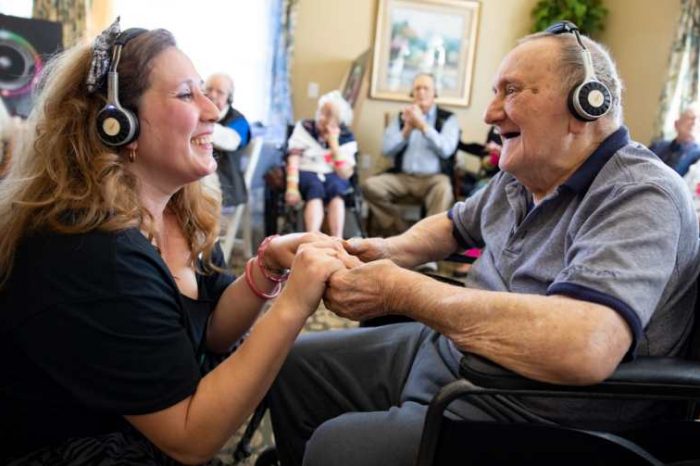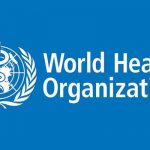WHO launches global ‘Solidarity trial’ of the four most promising drugs for effective treatments of coronavirus starting with 8 countries

For the first time, the number of deaths from coronavirus jumps above 15,000. However, after analyzing the data of people infected with the virus, about 15% of coronavirus patients are suffering from severe disease and hospitals being overwhelmed. So, doctors are busy searching for anti respiratory drugs to treat COVID-19 patients. Then last week, the good news came after a small study in France showed that antimalaria drugs Hydroxychloroquine and Azithromycin (Z-Pak) cures 100% of coronavirus patients within 6 days of treatment.
However, the World Health Organization (WHO) cautioned that multiple small trials with different methodologies may not give us the clear, strong evidence we need about which treatments help to save lives. To address this problem, on Friday, WHO announced a large global trial, called SOLIDARITY. The international study is designed to generate the robust data we need to show which treatments are the most effective against the new coronavirus for the dangerous respiratory disease.
According to WHO, the Solidarity trial will test four different drugs or combinations – remdesivir, a combination of two drugs, lopinavir and ritonavir, the two drugs plus interferon beta, and chloroquine – and will compare their effectiveness to what is called standard of care — the regular support hospitals treating COVID-19 patients use now. The SOLIDARITY trial will also provide simplified procedures to enable even hospitals that have been overloaded to participate. So far, the countries participating in the trial include: Argentina, Bahrain, Canada, France, Iran, Norway, South Africa, Spain, Switzerland and Thailand. Other countries will join soon.
“We must use every opportunity to reduce the spread of COVID-19 between people. Public health authorities will continue to do their part – by testing for COVID-19, isolating cases quickly to prevent transmission of the virus, treating them and tracing their contacts. But every person has the capacity to contribute, to protect themselves, to protect others, whether at home, in your community, at the workplace or on the transport system,” WHO said.
“Just 60 days after the genetic sequence of COVID-19 was shared by China, the first vaccine trial has begun,” the UN health chief said, calling it “an incredible achievement” and urging the world to maintain “the same spirit of solidarity” that has helped fight Ebola. It’s an unprecedented effort—an all-out, coordinated push to collect robust scientific data rapidly during a pandemic. The study, which could include many thousands of patients in dozens of countries, has been designed to be as simple as possible so that even hospitals overwhelmed by an onslaught of COVID-19 patients can participate.
He explained that because multiple small trials of the coronavirus vaccine with different methodologies may not provide the evidence needed, WHO and partners are organizing a study to compare untested treatments throughout several countries.
“This large, international study is designed to generate the robust data we need to show which treatments are the most effective”, said the WHO chief. “We have called this study the SOLIDARITY trial”. And to date, Argentina, Bahrain, Canada, France, Iran, Norway, South Africa, Spain, Switzerland and Thailand have confirmed that their participation. “To suppress and control epidemics, countries must isolate, test, treat and trace”, he said, otherwise “transmission chains can continue at a low level, then resurge once physical distancing measures are lifted.”




